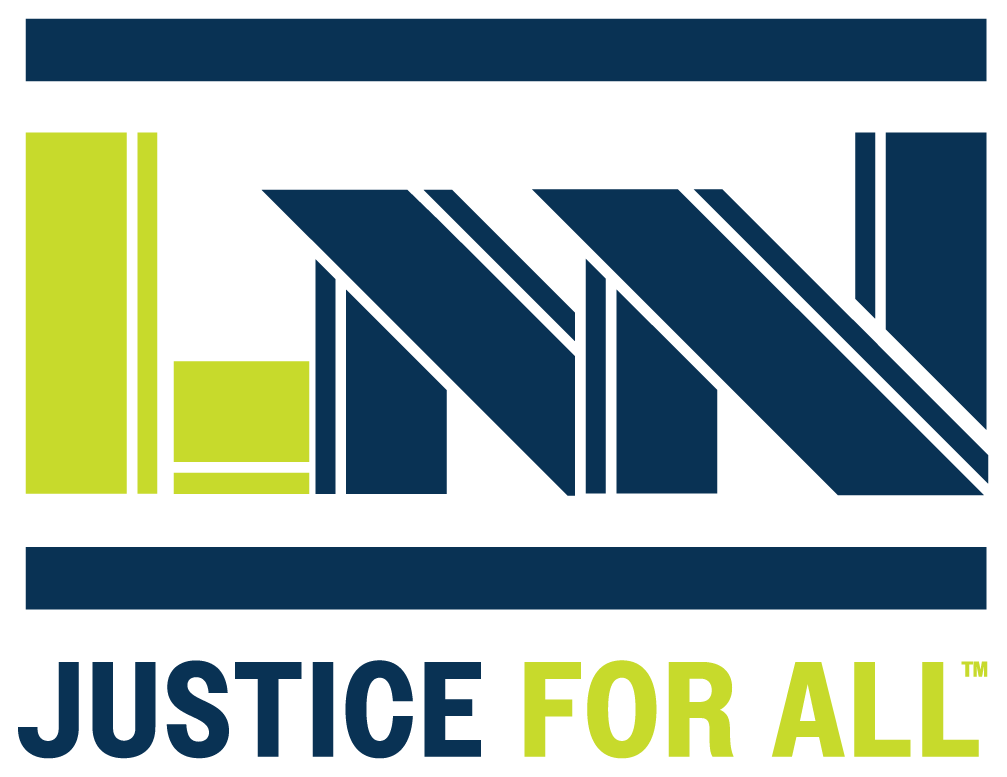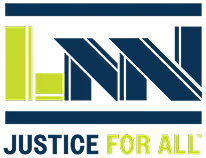Understanding Your Rights and Responsibilities When Returning to Work After a Workplace Injury
One of the most common questions that people ask after being injured on the job is when they have to return to work. Returning to work after a workplace injury can be difficult. You may not be in the same capacity that you were before or may be unable to perform certain job duties. Understanding your rights and responsibilities is critical to protecting yourself and your recovery.
At LNN, we represent people who have been injured on the job in Los Angeles. We understand that this may be a confusing and challenging time for you and your family. We are here to help. Let us provide you with the high-quality legal services you deserve. Contact our office at (213) 232-4848 for a free, confidential consultation.
Who Decides When You Go Back to Work
It’s important to understand that your employer’s workers’ compensation insurance company is motivated to pay wage replacement disability benefits for the shortest period possible. Their priority is to get you back to work as soon as they can while ensuring that you are healthy enough to perform your duties safely.
However, it’s crucial to know that only a medical professional has the authority to determine when you have recovered sufficiently to return to work. Your doctor will assess your condition and make the final decision about when it’s safe for you to resume your job responsibilities.
What to Do if You Are Forced to Return to Work
If you feel that you are being forced to return to work, you need to consult with an attorney. An employer should not pressure you to return to your job if you have not been cleared by a doctor. If a doctor has cleared you, but you are unsure whether you should return, you can seek a second opinion.
When You Should Return to Work
After a workplace injury, you might be unsure of when you should return to work. Regardless of your situation, it is essential to know that you should not be forced to return to work until a doctor has medically cleared you.
You should return to work if:
- You have fully recovered from your injuries and have been cleared by your doctor; or
- You have not fully recovered from your injuries but have been permitted to return to work with restrictions; and
- You have spoken with your supervisor and informed them of any restrictions or conditions for your return to work.
If your employer fires you in retaliation for filing a workers’ compensation claim after an injury on the job, you may be eligible to file a wrongful termination lawsuit. You should always consult with an attorney if you sustain an injury while at work to ensure that you receive the maximum compensation available.
When You Shouldn’t Return to Work
Returning to work before you are cleared by a medical professional can impact your right to receive workers’ compensation benefits or financial recovery from a personal injury lawsuit. Only a doctor can clear your return to work, and it may be restricted. It is imperative that you follow the recommendations of your doctor to ensure that you do not suffer setbacks or re-injure yourself.
Specifically, if you are receiving workers’ compensation benefits, you should not return to work until you have reached your maximal medical improvement (MMI). MMI occurs once your “condition is well stabilized and unlikely to change substantially in the next year, with or without medical treatment.” Once you have reached your MMI, a doctor can determine whether you should be medically cleared to return to work and under what restrictions, if any.
When Can an Employer Refuse to Let You Return
There are times when an employer will not let an injured employee return to work, even after a doctor says it is safe. Sometimes, this happens because the employer claims there is no light duty work available or that your position has been permanently filled. While there are limited situations where this might be lawful, California has strict rules about when an employer can refuse your return.
An employer can delay or deny your return only if your medical restrictions make it impossible to perform the job or if your old position no longer exists for legitimate business reasons. They cannot simply block your return because they find your condition inconvenient. Under the California Fair Employment and Housing Act (FEHA), employers must engage in what’s called the interactive process — a genuine discussion about what accommodations can help you safely return to work.
Reasonable accommodations can include modified schedules, changes in tasks, reassignment to a different role, or temporary light-duty positions. If your employer refuses to even discuss those options, that refusal could be considered disability discrimination.
At LNN, our employment attorneys have seen many workers face this problem in manufacturing, construction, and healthcare jobs, where physical duties can make return-to-work issues more complicated. We examine company policies, internal communications, and workers’ compensation records to determine whether an employer acted in good faith or violated California labor laws.
In addition to FEHA protections, California Labor Code §132a prohibits retaliation against employees who file or pursue workers’ compensation claims. If your employer is refusing your return because of your injury or your claim, that may qualify as retaliation — and you could be entitled to reinstatement, back pay, and other damages.
What to Do If Your Employer Refuses Your Return
If you have been cleared to return but your employer says you cannot come back, start by documenting everything. Keep copies of your doctor’s release forms, any emails or letters from your employer, and notes from conversations with supervisors or human resources. This paper trail can make a significant difference later if you need to file a complaint or claim.
Next, talk with an employment attorney who understands both workers’ compensation and California labor law. A lawyer can review your situation and identify whether your employer’s refusal violates the Fair Employment and Housing Act, the Labor Code, or any provisions of your workers’ compensation claim.
Sometimes, the refusal comes down to miscommunication or confusion about your medical restrictions. In other cases, it is a deliberate effort to keep you off the payroll. An attorney can help clarify your work restrictions, contact your employer on your behalf, and, if necessary, file complaints with the Civil Rights Department or the Workers’ Compensation Appeals Board.
You should never feel like you are being punished for following doctor’s orders or taking time to heal. If your employer has closed off your job or keeps delaying your return without explanation, legal action might be the only way to protect your rights.
Get a Free, No-Obligation Consultation
At LNN, we represent workers who find themselves in this exact position — cleared by their doctor but locked out of work. We have helped clients reopen lines of communication, negotiate fair accommodations, and, when needed, pursue full legal remedies for lost wages and retaliation.
Remember, every day you wait can weaken your position. Reach out for legal advice early so you understand your rights before the situation escalates.
Are you being forced to return to work after a workplace injury? Contact our office for a free, no-obligation consultation. We have recovered millions of dollars on behalf of injured workers. Let us help you today.

 facebook
facebook Instagram
Instagram Twitter
Twitter Linkedin
Linkedin Youtube
Youtube Tiktok
Tiktok
